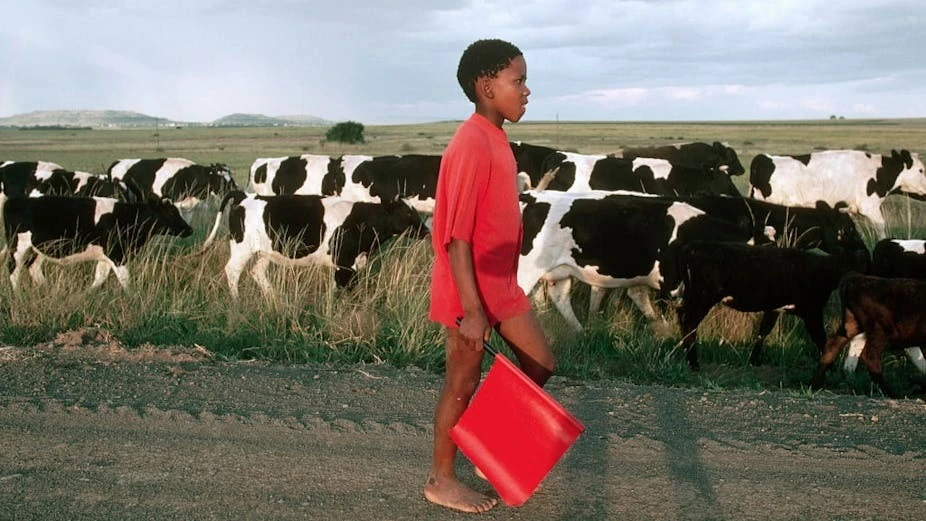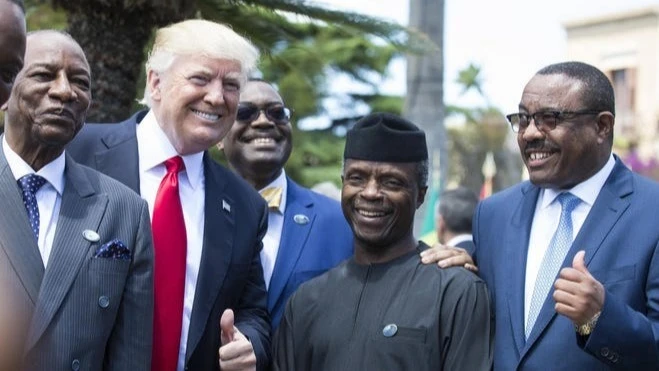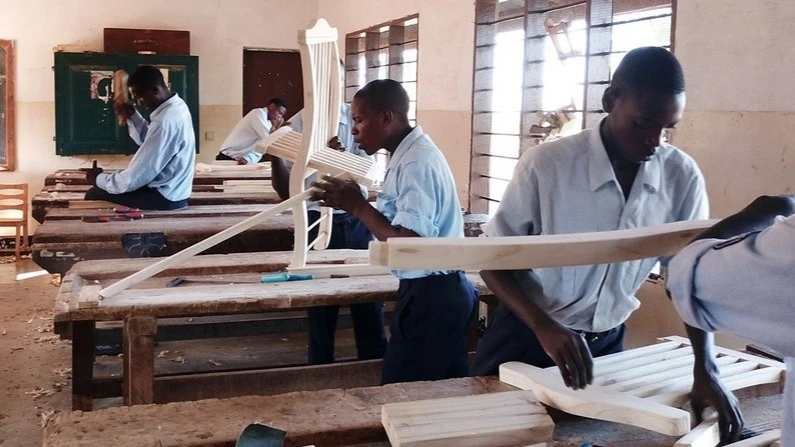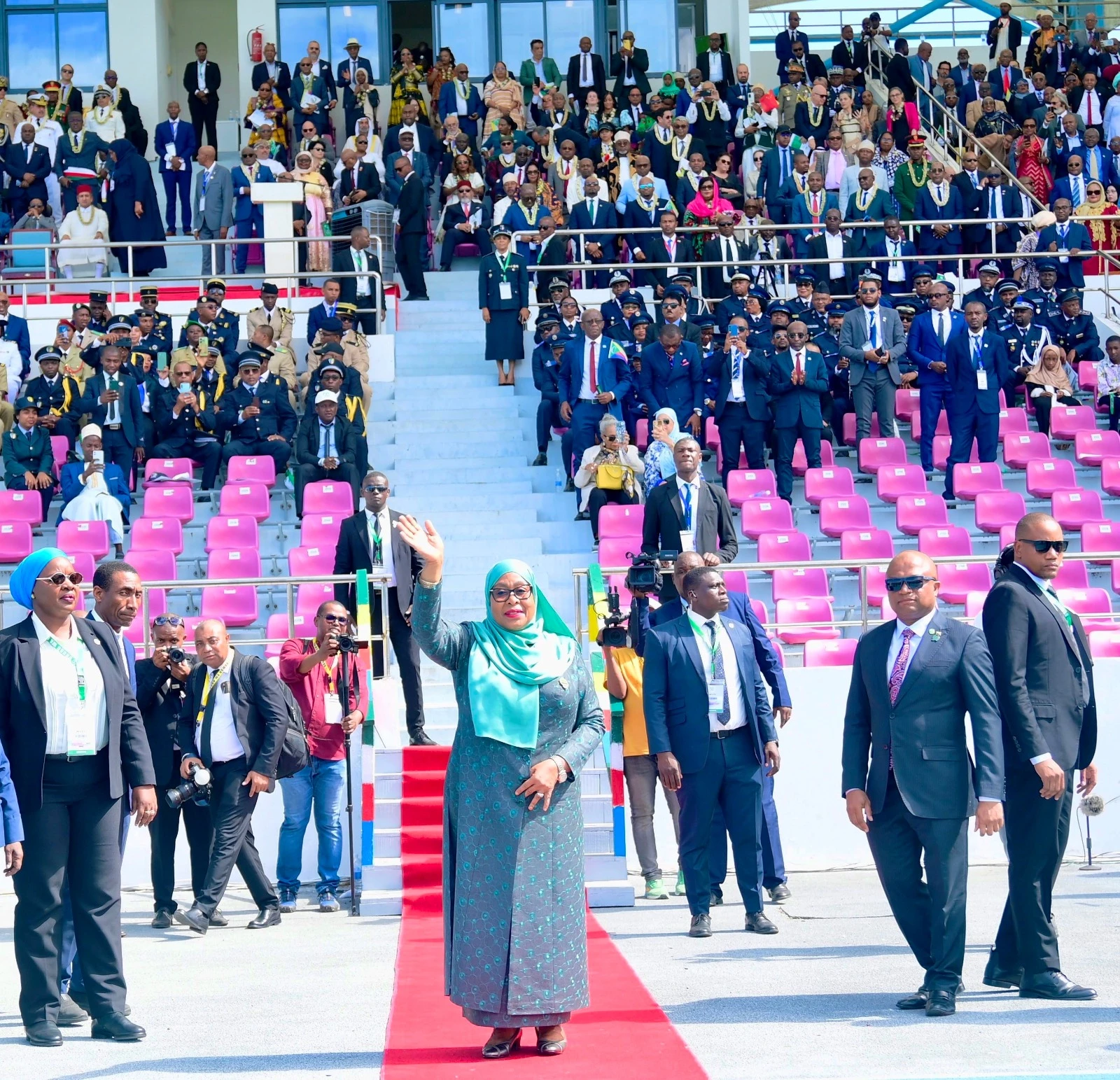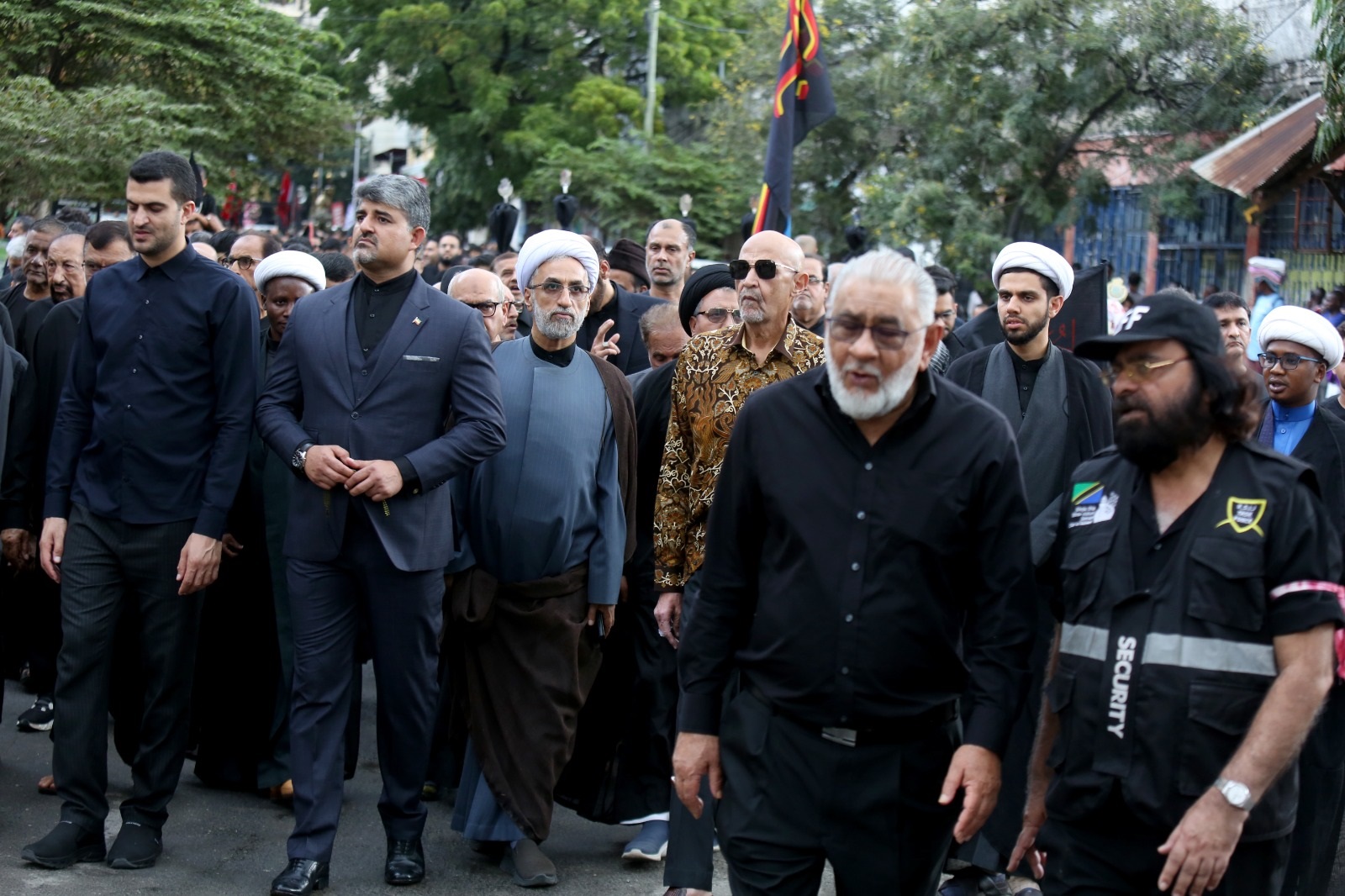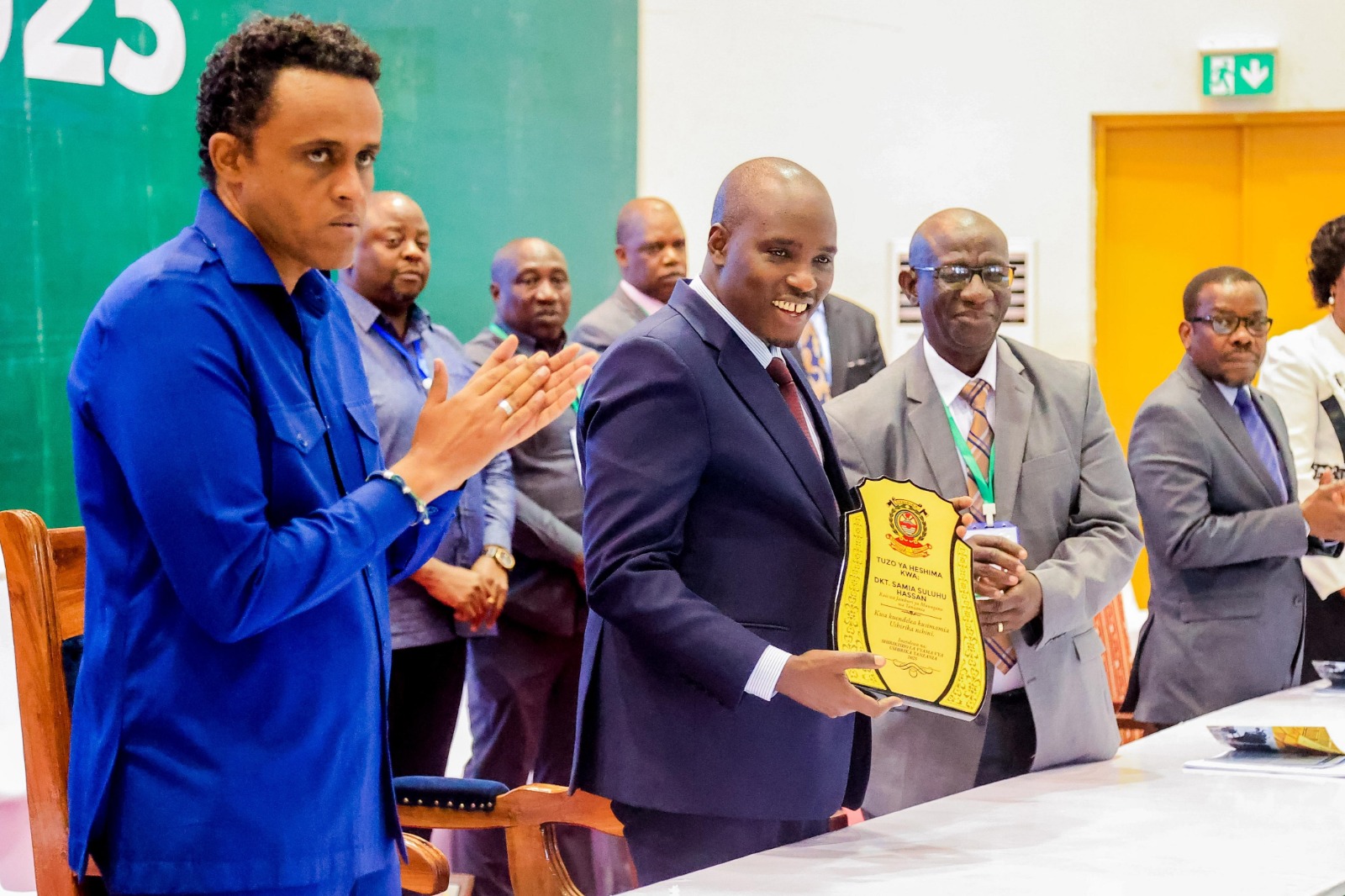‘Vision 2050 has greater loyalty than Vision 2025’
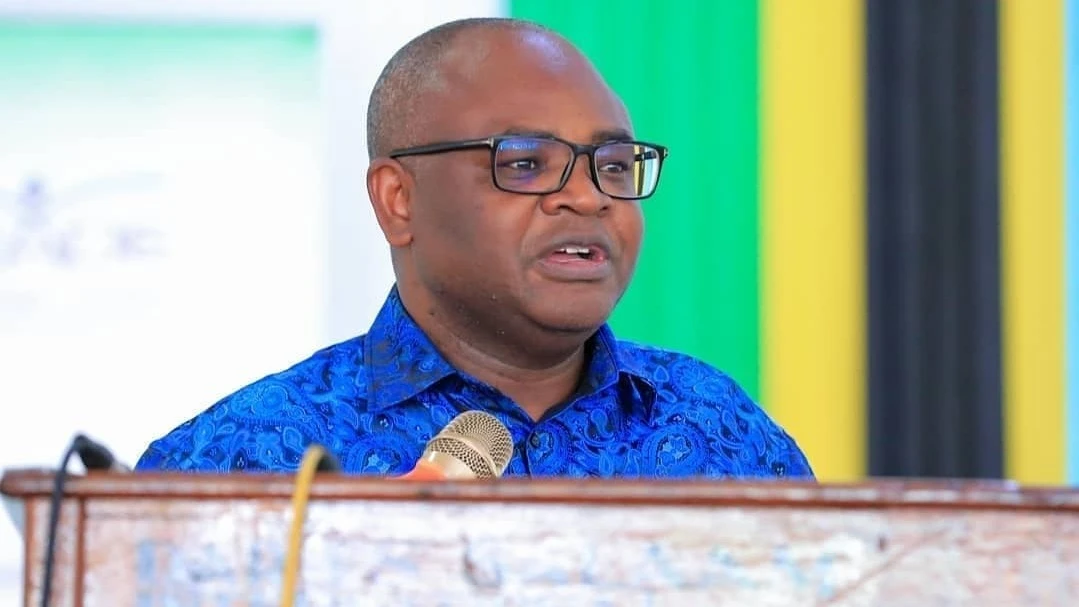
UNLIKE Vision 2025 which was only approved by the cabinet of ministers, Vision 2050 was tabled and endorsed by the legislature, giving it a stronger legal standing when it starts being implemented mid next year, the government has affirmed.
Prof Kitila Mkumbo, the Planning and Investment state minister in the President’s Office, told journalists in Dar es Salaam yesterday that this is the second time Tanzania has crafted a non-partisan long-term national vision.
“The new Vision will span across administrations of at least three future presidents,” he said, underlining that its being approved by the legislature will give it legitimacy and national ownership beyond political cycles.
Implementing the new perspective is expected to start next July once all preparatory processes are completed, he said, ahead of its being formally launched Thursday next week, where President Samia Suluhu Hassan will officiate, he said.
Fiscal 2-25/26 is still governed by Vision 2025, with Vision 2050 taking effect in the next financial year, coming under the theme ‘the Tanzania we want,’ setting the stage a new long-term perspective plan and the next five-year national development plan, both aligned with the CCM manifesto for the coming general election, he explained.
Vision 2050 places particular focus on accelerating poverty reduction and job creation — two areas where Vision 2025 had limited success, he said, highlighting the role of the media as central to fostering meaningful understanding of policy projections.
“A strong, independent media is vital. Government accountability cannot survive without a free press,” he specified.
The drafting of Vision 2050 went through 13 stages, beginning on April 3, 2023 where oversight bodies were listed, followed by a review of Vision 2025 and broad consultations with stakeholders across sectors, he said.
Input was drawn from local and international experiences, with experts visiting Botswana, Morocco, Mauritius, South Africa and Kenya to take up case studies, while China, Indonesia, South Korea, Singapore and India were taken up as reference point for Asia, he said.
Drafts of the Vision were developed, reviewed and shared for stakeholder feedback — with the first draft released in December 2024, followed by a second draft submitted to the Prime Minister last month. The Vision was then approved by the cabinet and finally endorsed by the legislature, he pointed out.
“We worked with a wide range of stakeholders, including political parties and journalists, to generate consensus,” he said.
“We agreed that future political party manifestos should be aligned with the shared destination outlined in the Vision,’ the minister intoned.
Top Headlines
© 2025 IPPMEDIA.COM. ALL RIGHTS RESERVED









